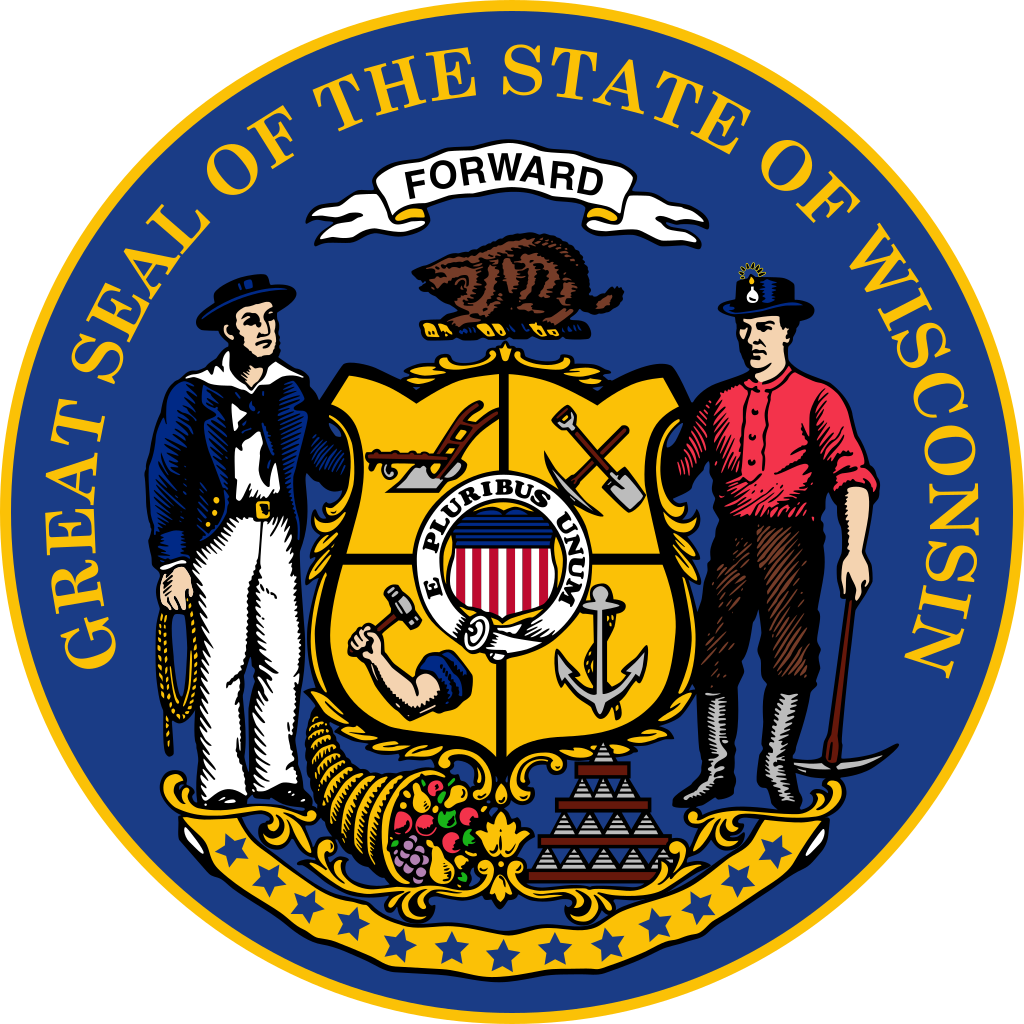From the article:
The U.S. Commerce Department on Monday named Wisconsin as one of 31 regional tech hubs, making the state eligible for millions of dollars in federal funding to help advance personalized medicine and biohealth technology.
The Biden administration chose Wisconsin for the status among 370 applicants. It was also one of 29 awarded a $350,000 grant to further develop the state’s strategy in driving innovation.
Wisconsin will now progress to the next round of the competition, in which at least five tech hubs will win up to $75 million each under the CHIPS and Science Act passed last year. The competition is designed to spread innovation beyond traditional tech hubs like Boston, Seattle and cities in California.
The money would be a boon for Wisconsin’s growing innovation industry, bolstering the state’s economy, increasing its workforce and expanding development of technology in health care.
“Wisconsin’s designation as a regional tech hub is a testament to the strength of our state’s biohealth and personalized medicine industry,” said Gov. Tony Evers in a statement. “As this sector continues to grow, it will mean more high-paying jobs and economic growth for our state, as well as innovations that will transform the future of medical care for people in Wisconsin and around the world.”
Earlier this year, the Wisconsin Economic Development Corporation gathered a consortium of 15 state colleges, nonprofits and health companies to submit the tech hub bid on behalf of the state. The organizations involved are some of the state’s leading players in higher education, technology and health care, including the University of Wisconsin System, UW-Madison, Madison College, Milwaukee Area Technical College, BioForward Wisconsin and Exact Sciences, among others.
“(The tech hub status) will help ensure that we continue to push forward innovation, economic growth and transformative advancements in healthcare,” said UW-Madison Chancellor Jennifer Mnookin in a statement.
In the first phase, the federal economic administration selected the 31 regions for tech hub designation based on their potential for “rapid technology-led economic growth.” Of those regions, at least five will be chosen in the second round for further “implementation” funding totaling nearly $500 million.
Wisconsin’s consortium has proposed using the money to improve personalized medicine, an emerging medical approach that tailors health care based on each patient’s genes. The technique uses genomics, imaging technology, artificial intelligence and bioscience, which could help patients heal faster and reduce medical costs, according to the Wisconsin Economic Development Corp.
The money would also go toward the state’s development of theranostics — a combination of the words therapy and diagnostics — which uses biotechnology to simultaneously diagnose and treat certain medical conditions, including cancer and Alzheimer’s disease.
In addition to innovation in health care, the grant could be used toward workforce training as well as efforts to expand housing and transportation policies, Missy Hughes told the Cap Times in August. Hughes serves as secretary and CEO of the Wisconsin Economic Development Corp.
In a letter to the Economic Development Administration endorsing the state’s bid, U.S. Sen. Tammy Baldwin made the case for Wisconsin as an ideal tech hub because of its already booming innovation economy.
She referenced a 2019 report from the Brookings Institution, which identified mid-size cities across the nation with the most technological growth potential.
The report ranked Madison as No. 1 and Milwaukee-Waukesha-West Allis as No. 17 based on the share of the population with bachelor’s degrees or higher, the rate of those with science, technology, engineering and math doctoral degrees granted by local universities and those schools’ spending on STEM research.
The other regional tech hubs range from Montana and Virginia to Illinois and Puerto Rico. In addition to biotechnology, some of the focus areas include automation, semiconductor manufacturing, clean energy, critical minerals and quantum computing.
The federal economic administration is expected to announce the chosen winners for further funding next year.

